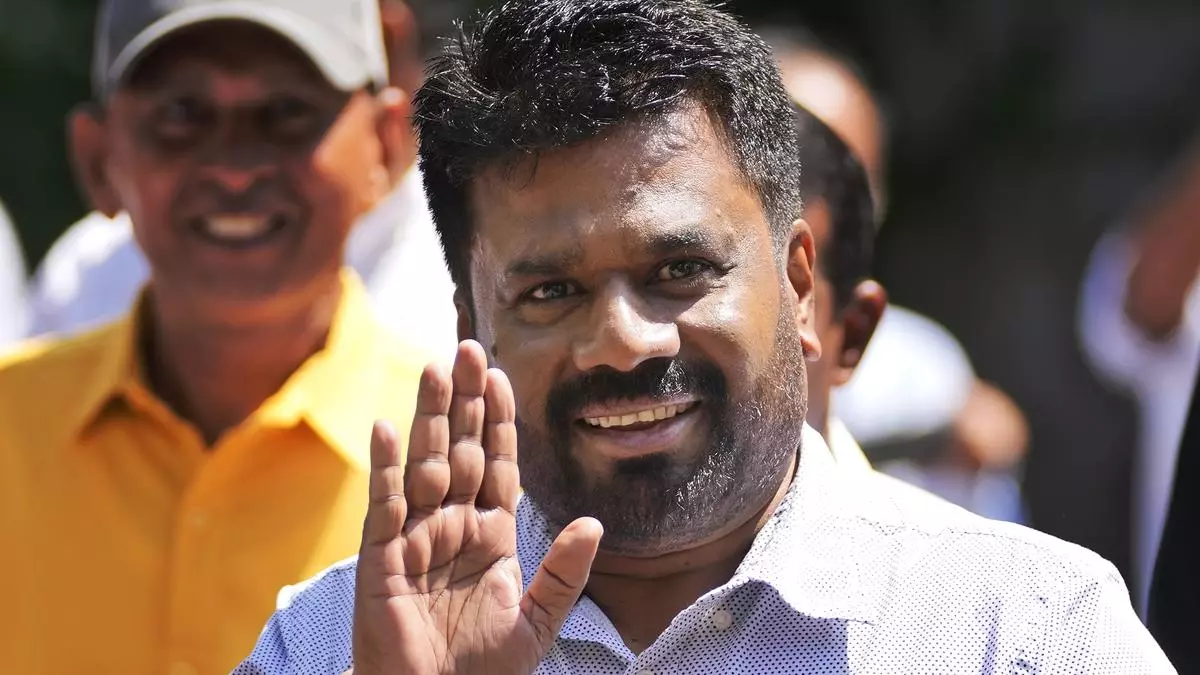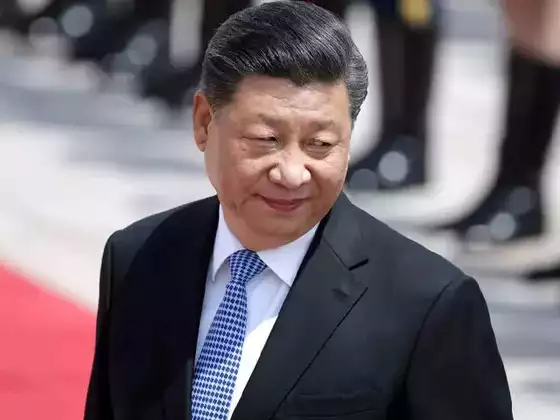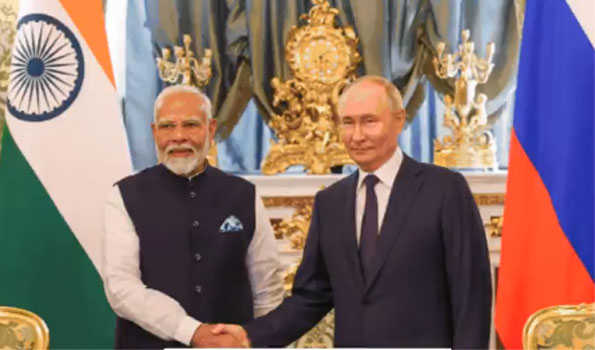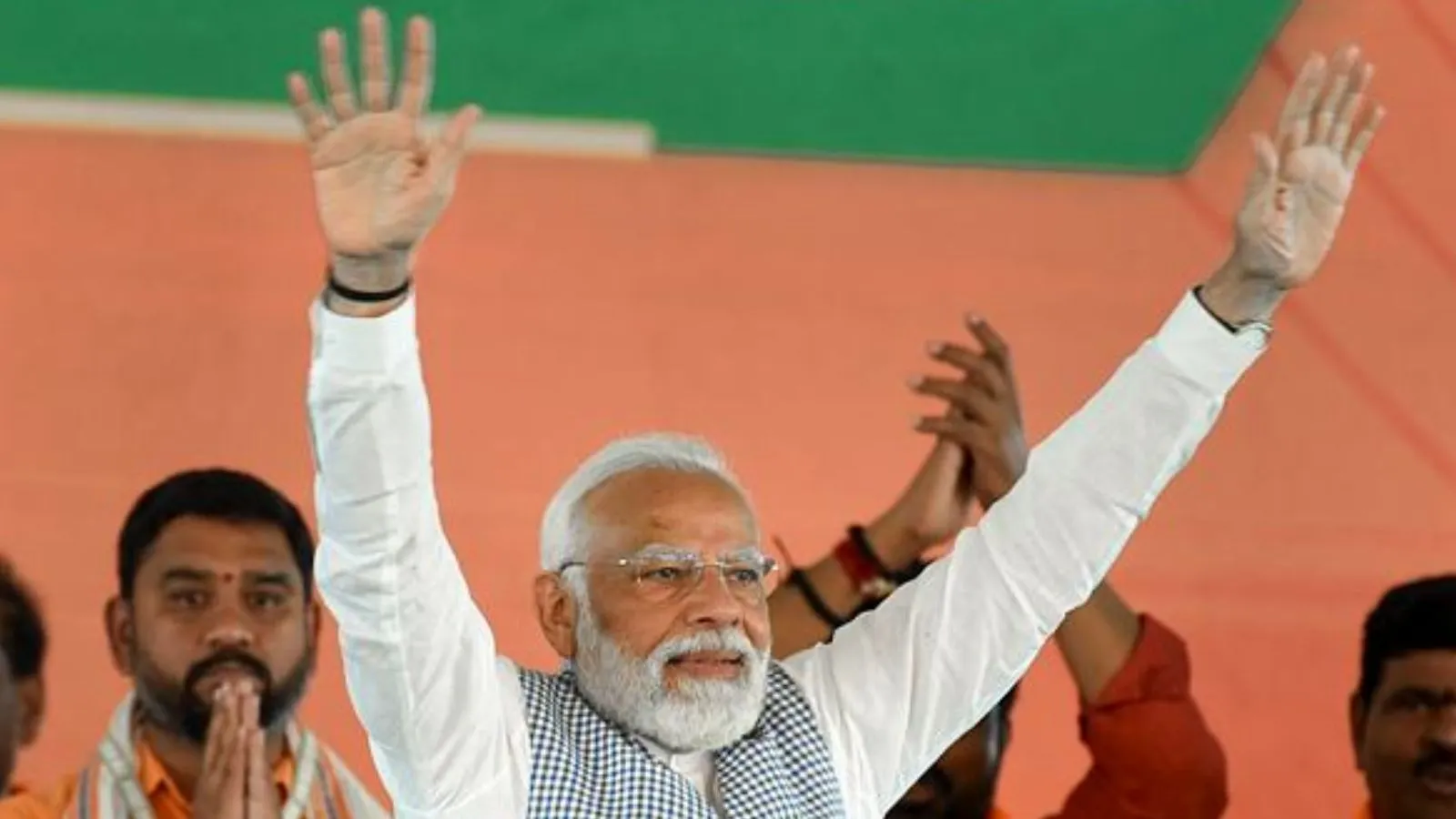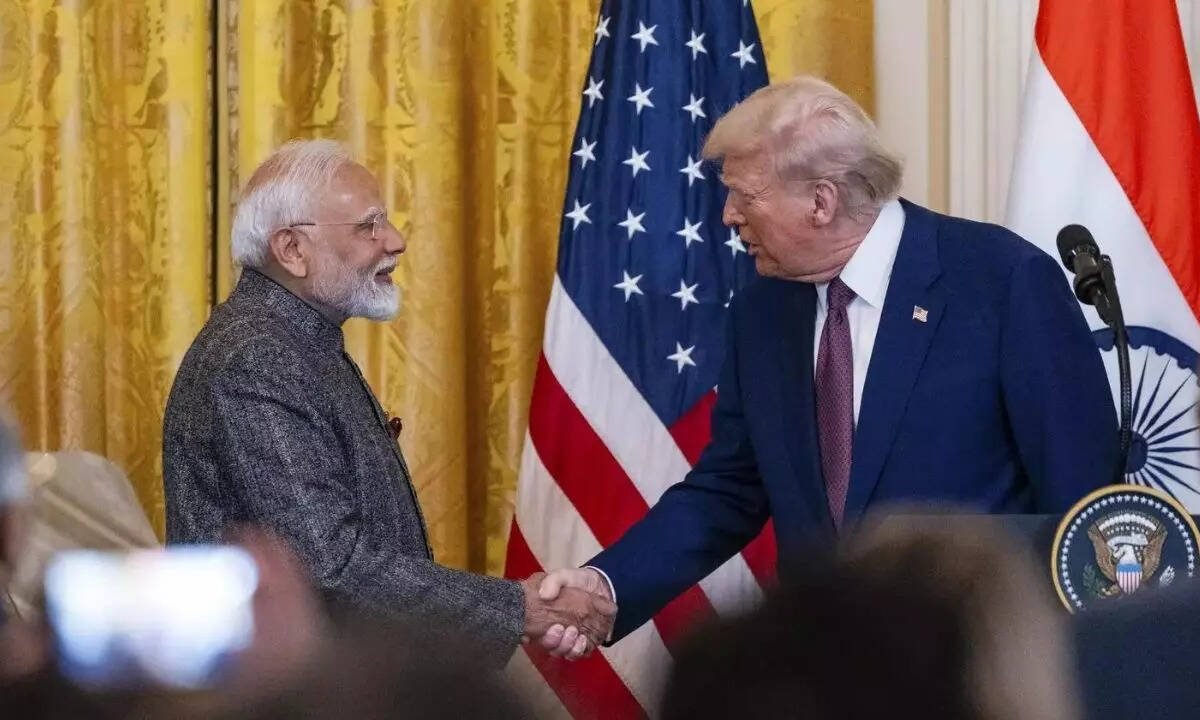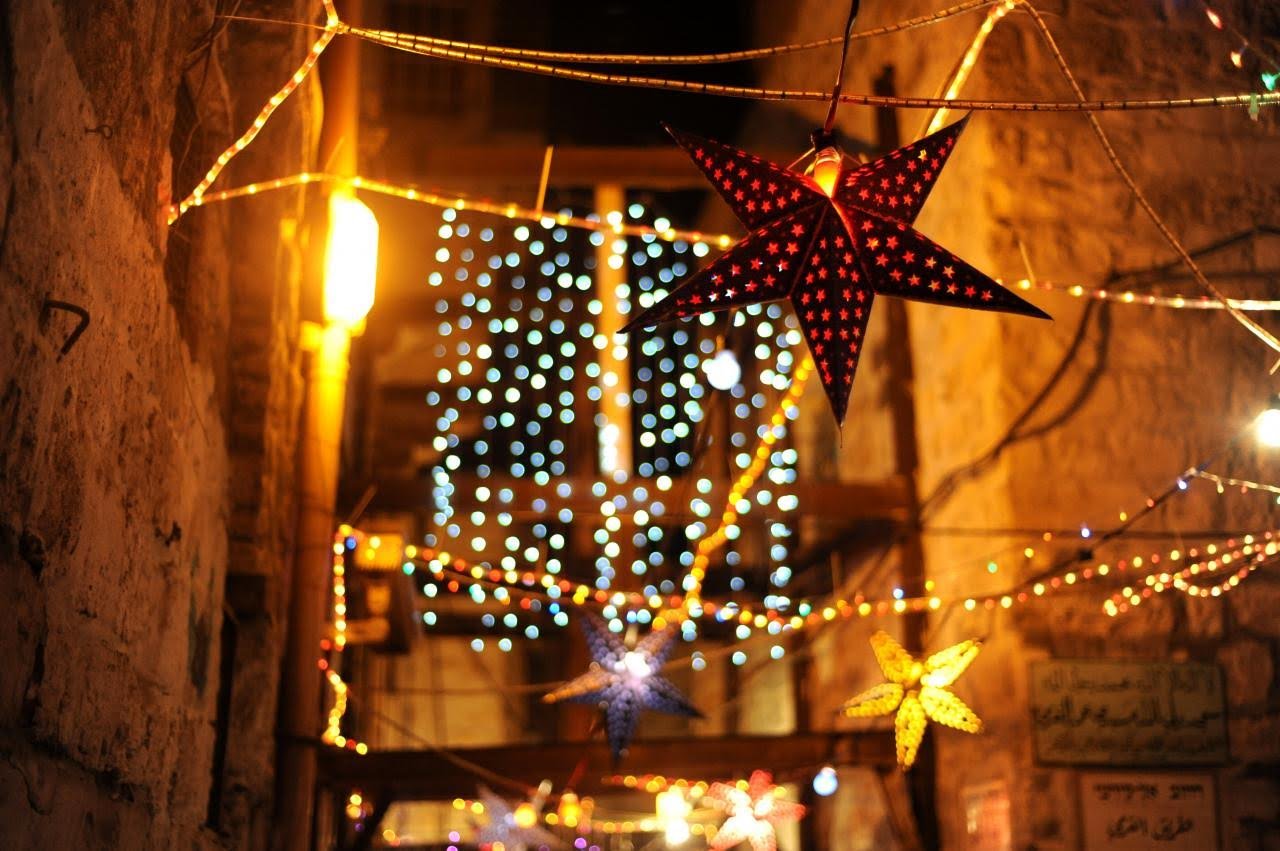India seems to be taking a pragmatic view. As one Indian official remarked, “India can do business with Dissanayake,” signaling a cautious optimism about maintaining strategic ties despite the uncertainty that his presidency may bring
Anura Kumara Dissanayake, Sri Lanka’s newly elected President, has captivated observers with a political journey that defies expectations. In 2019, Dissanayake’s National People’s Power coalition barely made an impact, securing just 3.2% of the vote in the presidential election, reported frontline.thehindu.com. But in 2024, his campaign achieved an extraordinary turnaround, with Dissanayake now leading the country—a victory that seems like electoral wizardry.
This rapid ascent stems largely from his ability to position himself as a voice for the disillusioned. Amidst the COVID-19 pandemic and the economic mismanagement under President Gotabaya Rajapaksa, Sri Lanka plunged into an economic crisis, throwing a large portion of the population into poverty. While not an active face in the political chaos that followed, Dissanayake’s outsider status helped him resonate with the public. He empathized with their struggles, offering a message of drastic change, much like Donald Trump’s “drain the swamp” rhetoric during his 2016 U.S. presidential campaign.
For now, Dissanayake’s win is a testament to his political acumen, though it leaves Sri Lanka’s future relations with India and its internal ethnic harmony uncertain
Dissanayake’s appeal also rests on his savvy public image. While he is often compared to figures like India’s Prime Minister Narendra Modi, particularly in his strategic use of optics, Dissanayake is no stranger to the political arena. First elected to parliament in 2001, he has remained a fixture in Sri Lankan politics for over two decades. Although briefly serving as Agriculture Minister in Chandrika Kumaratunga’s government from 2004 to 2005, his broader political history paints him as both an insider and an opponent of the status quo.
However, his rise has raised concerns, particularly with regard to minority politics and foreign relations. His Janatha Vimukthi Peramuna (JVP) party has a history of excluding Tamil and Muslim communities from political discourse, casting a shadow over any potential progress on the Tamil issue. His brief stint in the Chandrika government ended in 2005, following his opposition to the government’s collaboration with the Liberation Tigers of Tamil Eelam (LTTE) after the devastating tsunami.
Dissanayake’s past includes opposition to the 1987 India-Sri Lanka accord, the only significant attempt at a peace framework between the Sinhalese majority and Tamil minority. His critics argue that his presidency may hinder any forward movement on the Tamil political solution. Despite toning down his anti-India rhetoric and making diplomatic overtures, China has actively supported his candidacy, fueling speculation about the direction of Sri Lanka’s foreign policy under his leadership.
***********************************************************
Readers
These are extraordinary times. All of us have to rely on high-impact, trustworthy journalism. And this is especially true of the Indian Diaspora. Members of the Indian community overseas cannot be fed with inaccurate news.
Pravasi Samwad is a venture that has no shareholders. It is the result of an impassioned initiative of a handful of Indian journalists spread around the world. We have taken a small step forward with the pledge to provide news with accuracy, free from political and commercial influence. Our aim is to keep you, our readers, informed about developments at ‘home’ and across the world that affect you.
Please help us to keep our journalism independent and free.
In these difficult times, running a news website requires finances. While every contribution, big or small, will make a difference, we request our readers to put us in touch with advertisers worldwide. It will be a great help.
For more information: pravasisamwad00@gmail.com

